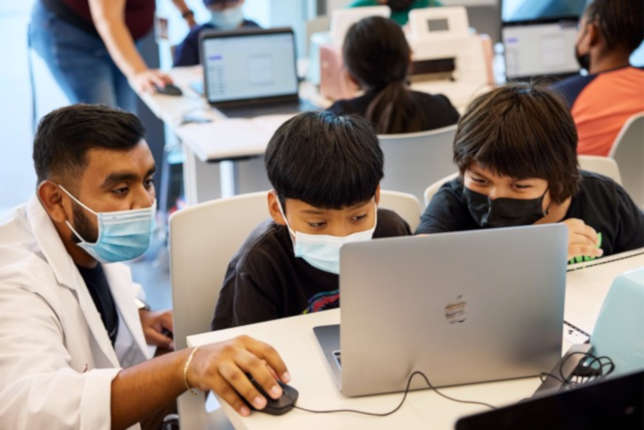
Launched in 2019, Apple’s Community Education Initiative (CEI) has been expanded to 150 partners in 600 communities in 99 countries and regions, and all 50 states, the company announced. CEI provides access to coding, creativity, and job opportunities to students of all ages and from all backgrounds, with special focus on communities that are traditionally underrepresented in technology.
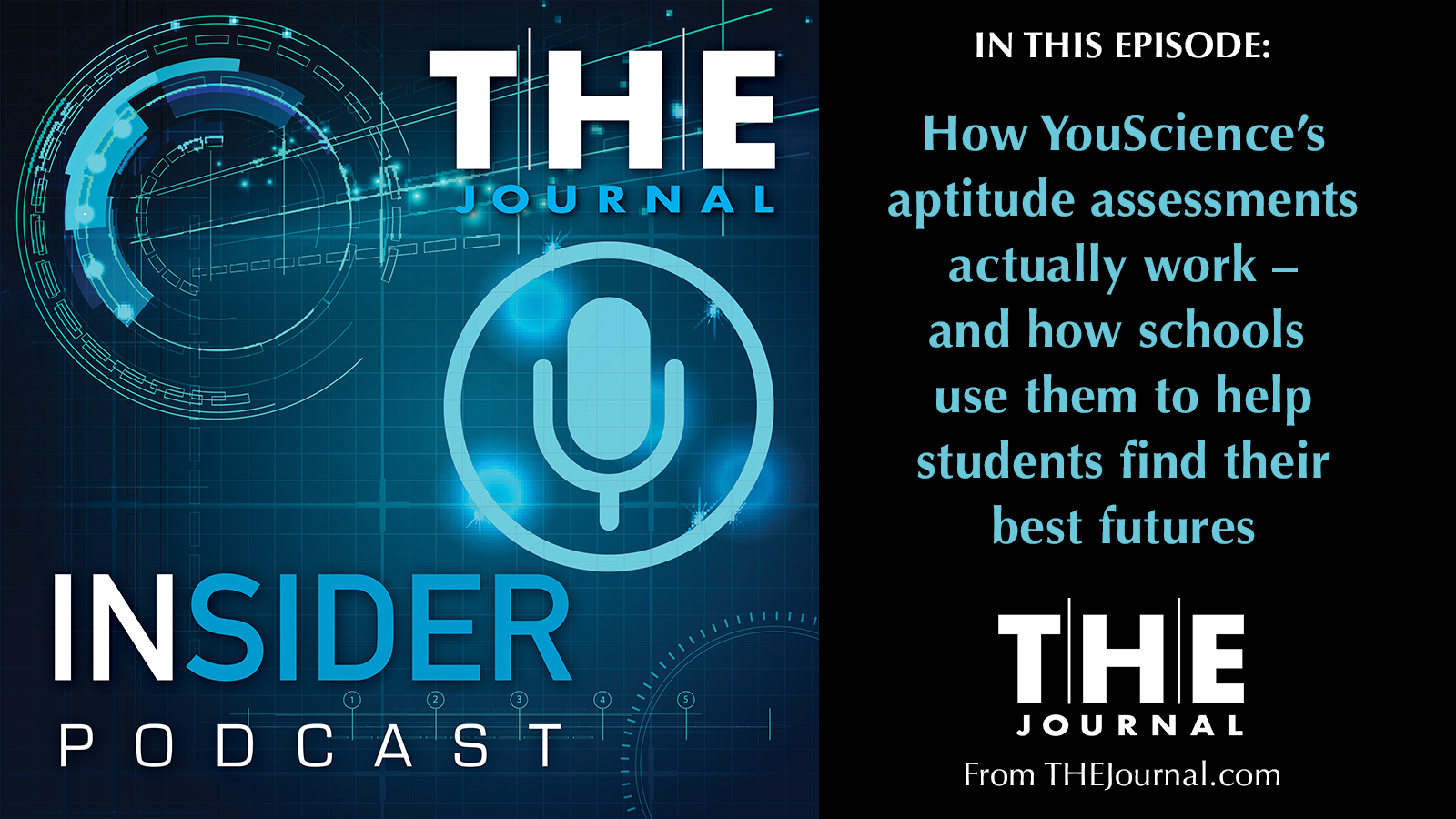
Aptitude assessments are helpful both at the upper levels of curriculum decision-making and at the granular level with students. Educators and guidance counselors can see the gaps in so-called “career exposure” — for example where students have innate talents or aptitudes but no career interest indicates they may need more information about career possibilities — and the assessments help schools better tailor courses and programs in high school to the career paths that students show talents in and wish to explore as a possible future job.
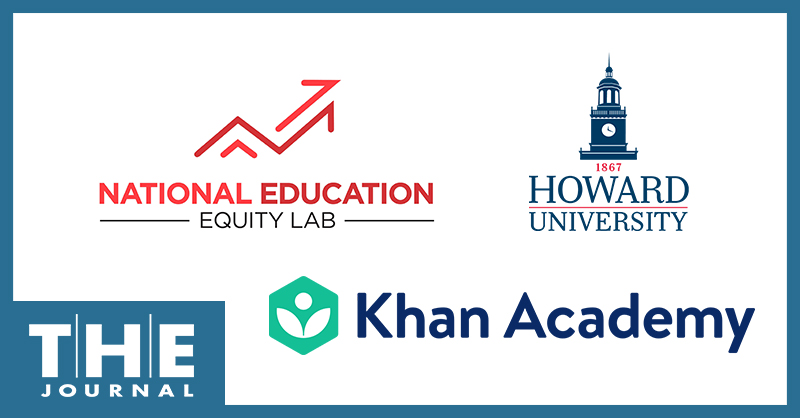
Khan Academy and the nonprofit National Education Equity Lab today announced the expansion of its pilot program to allow high school students in historically underserved communities to take college-level Algebra I and earn college credit from Howard University at no cost, the organizations said.
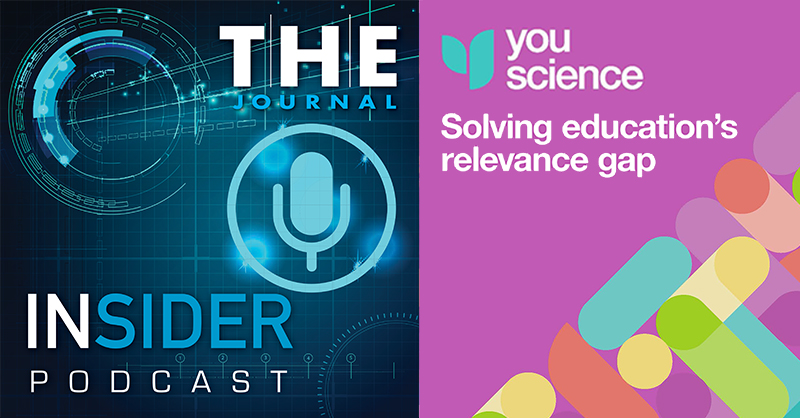
Aptitude assessments are helpful both at the upper levels of curriculum decision-making and at the granular level with students. Educators and guidance counselors can see the gaps in so-called “career exposure” — for example where students have innate talents or aptitudes but no career interest indicates they may need more information about career possibilities — and the assessments help schools better tailor courses and programs in high school to the career paths that students show talents in and wish to explore as a possible future job.
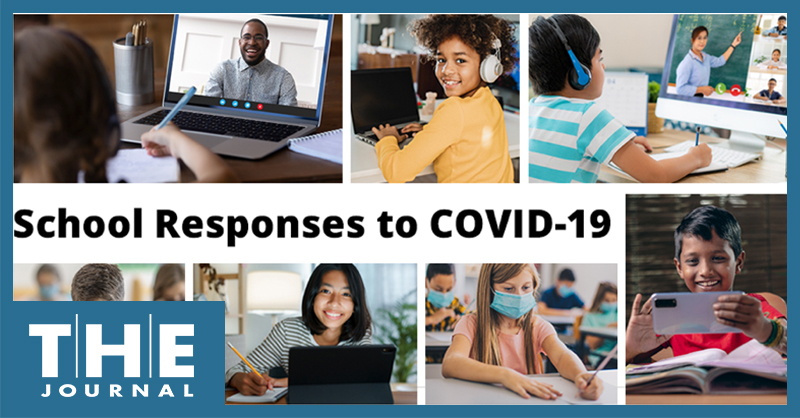
Survey results released today by the U.S. Department of Education’s National Center for Education Statistics shows that as of the start of the 2022–23 school year, almost half of K–12 public schools reported providing internet access to students who need it at their homes, and almost three quarters are providing training on digital literacy for their students.
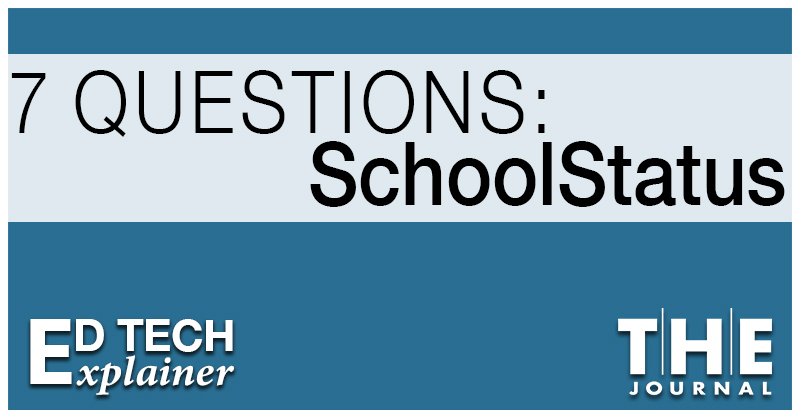
THE Journal’s “7 Questions: Ed Tech Explainer” series gives ed tech leaders an opportunity to summarize their solution(s), explain how their product helps educators and schools, and give a quick overview for K–12 decision-makers — sort of an extended (but not too extended) elevator pitch. For this installment, SchoolStatus Founder and CEO Russ Davis explains how SchoolStatus works in a school tech ecosystem, how it helps educators and students, and how it's pivoted over the past year.
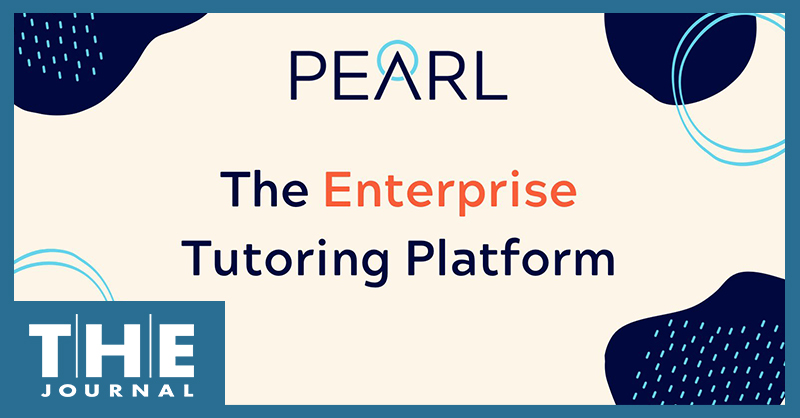
Tutoring platform Pearl today announced that its partnership with the 1-year-old Illinois Tutoring Initiative will expand statewide to all districts meeting the eligibility requirements, thanks to leadership from Illinois State University and federal pandemic relief funds.
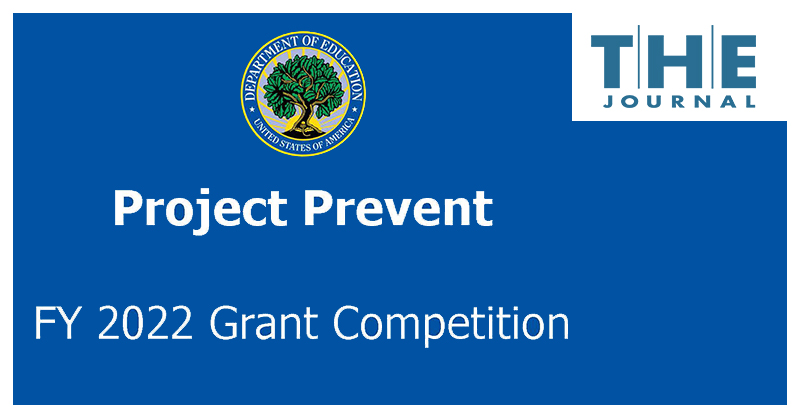
The U.S. Department of Education is accepting applications through Oct. 3, 2022, for its Project Prevent Grant Program, which will award $6.8 million to about a dozen local educational agencies impacted by community violence to “expand their capacity to implement community- and school-based strategies to help prevent community violence and mitigate the impacts of exposure to community violence.”

A large chunk of Google’s $20 million in new grants for nonprofits expanding access to computer science education will go to a group that, for those not familiar with rural student programs, might seem surprising: the National 4-H Council – but as 4-H CEO Jennifer Sirangelo points out, agriculture technology is poised to change the world, and now 4-H kids can lead the way.

Google and its charitable foundation Google.org today announced new grants totaling $20 million to further efforts in expanding access to computer science education to millions more students in under-resourced communities across the country, particularly rural and urban areas.